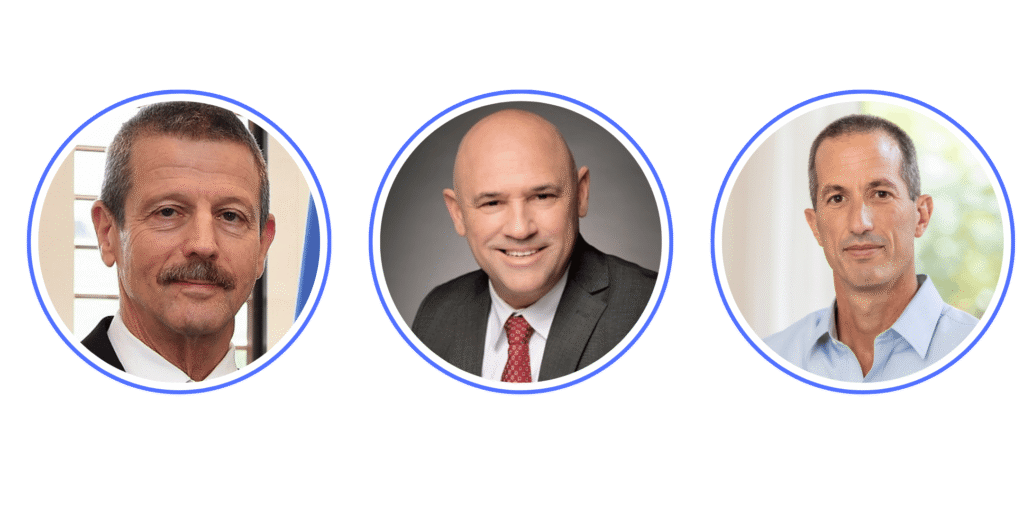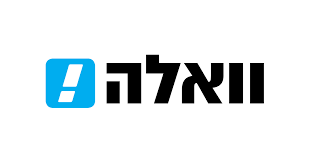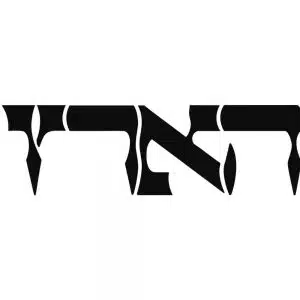MENA: DYNAMICS AND RIVALRIES
MENA: DYNAMICS AND RIVALRIES
ABOUT THE PROGRAM
This program addresses pressing security challenges by strengthening regional ties and advancing Israel’s strategic integration into a Middle East shaped by three contending forces: Iran’s so called “Axis of Resistance”, the Muslim Brotherhood’s radical agenda, and a peace-driven coalition anchored in the Abraham Accords. A key objective is to advance normalization with Saudi Arabia, including a reference to the Palestinian component, a central concern for many regional actors. In this context, the program highlights the importance of regional architecture, backed by the US, to strengthen alliances and counter destabilizing forces.



Program Director
Oded Gertman
Researchers
Amit Oshri
Lior Dabush
Keren Ben Gal
Ohad Merlin
Senior Advisors
Brigadier General (ret.) Ram Yavne
Colonel (ret.) Udi Evental
Zvika Haimovich

ABOUT THE PROGRAM
This program addresses pressing security challenges by strengthening regional ties and advancing Israel’s strategic integration into a Middle East shaped by three contending forces: Iran’s so called “Axis of Resistance”, the Muslim Brotherhood’s radical agenda, and a peace-driven coalition anchored in the Abraham Accords. A key objective is to advance normalization with Saudi Arabia, including a reference to the Palestinian component, a central concern for many regional actors. In this context, the program highlights the importance of regional architecture, backed by the US, to strengthen alliances and counter destabilizing forces.


Program Director
Oded Gertman
Reserchers
Amit Oshri
Lior Dabush
Keren Ben Gal
Ohad Merlin

Senior Advisors
Brigadier General (ret.) Ram Yavne
Colonel (ret.) Udi Evental
Zvika Haimovich

"In light of the clear interest in maintaining strong relations with Turkey, it is essential to avoid unnecessary tensions and strive to strengthen trade and private sector partnerships."
Source: MIND policy paper on Israeli officials, Israeli policy toward Turkey (March 2025).
"Israel must leverage the current momentum in Syria to shape a regional partnership architecture and a shared vision for Syria's future, incorporating the UAE, Egypt, Jordan, and even Saudi Arabia..."
Source: MIND policy paper on Israeli officials, Syria After the Fall of the Bashar al- Assad Regime (March 2025).
"It is crucial to ensure the continuation of the international coalition against the Houthis even after the war ends. The issue should be brought before the UN Security Council to foster consensus among member states on opposing threats to maritime freedom..."
Source: MIND policy paper on Israeli officials, The international coalition's response to the Houthi threat and its implications for Israel (July 2024).
RECENTLY IN THE MEDIA

Ron Frydman & Ilai Levy


Ron Frydman & Ilai Levy


Yuval Less


Ilai Yaron Levy


